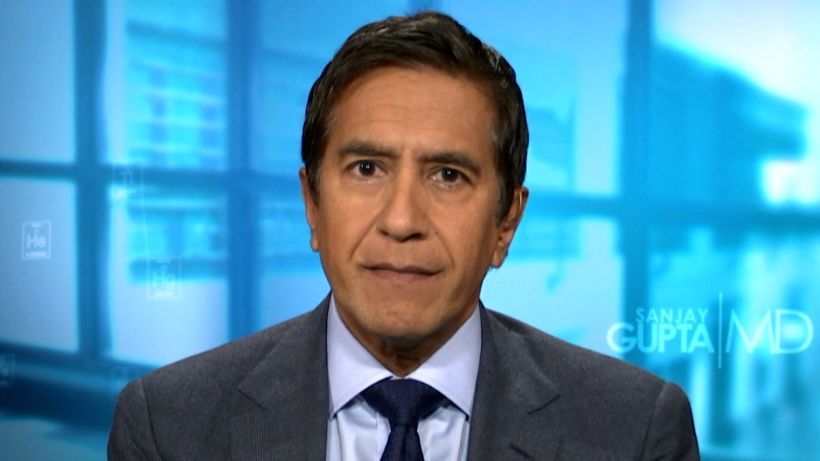The nation’s top infectious disease expert, Dr. Anthony Fauci, confirmed to CNN on Friday that scientists at the National Institute of Allergy and Infectious Diseases are working to have a strain of coronavirus created that could be used in human challenge trials of a Covid-19 vaccine.
In challenge trials, researchers give study subjects an experimental vaccine and then intentionally expose them to coronavirus to see if the vaccine works. Since such trials pose risks, many scientists are against using them.
Fauci, director of the NIAID, described this approach as a “Plan D” – and the work is still preliminary. If needed, such human challenge trials would be in a matter of months at the earliest.
“We’re taking preliminary steps,” he said, adding that a contract has either been awarded very recently, or will be awarded soon, for a company to make the strain.
Fauci confirmed to CNN that a request for proposals for contract was submitted.
Fauci emphasized that the NIAID has no intention to use the strain and it would only be for an “absolutely far out contingency.”
“Quite frankly, I don’t think this is something we’re going to use,” Fauci said.
He added that the strain would be a “GMP” strain, which stands for “Good Manufacturing Practice.” That term is used to describe the “aspect of quality assurance that ensures that medicinal products are consistently produced and controlled to the quality standards appropriate to their intended use and as required by the product specification,” according to the World Health Organization. In the United States, Current Good Manufacturing Practice or CGMP regulations are enforced by the US Food and Drug Administration.
Researchers felt a need to consider this approach so that in the very unlikely case they need to do challenge trials, they’ll have a strain of the virus ready to use.
“It was more or less because of a lot of pressure about what happens if you don’t do it. We kept on getting asked,” Fauci said.
Human challenge trials are typically used for when a virus is not widely circulating. The coronavirus is – and therefore, this approach may not be necessary, according to Fauci.
The National Institutes of Health told CNN in an emailed statement on Friday that “NIAID currently is prioritizing randomized controlled clinical trials to evaluate the safety and efficacy of SARS-CoV-2 vaccine candidates. Should there be a need for human challenge studies to fully assess candidate vaccines or therapeutics for SARS-CoV-2, NIAID has begun investigations of the technical and ethical considerations of conducting human challenge studies.”
While challenge trials intentionally expose study subjects to the virus, in randomized controlled trials, study subjects receive a vaccine or a placebo, and researchers monitor to see if they become ill as they go about their daily lives.
The statement also said, in part, “NIAID has begun efforts to manufacture a strain that could be used to develop a human challenge model, if needed, although human challenge trials would not replace Phase 3 trials.”
Reuters reported on Friday that some drugmakers – including AstraZeneca and Johnson & Johnson – told the news service they would consider human challenge trials to test Covid-19 vaccines if needed.
Such vaccine trials that involve immunizing volunteers and then deliberately exposing them to the coronavirus would not speed up the development of such a shot and are still up to two years away, members of the NIH’s Accelerating Covid-19 Therapeutic Interventions and Vaccines (ACTIV) Vaccines Working Group said in July.
Get CNN Health's weekly newsletter
Sign up here to get The Results Are In with Dr. Sanjay Gupta every Tuesday from the CNN Health team.
While some experts have speculated that human challenge trials might be necessary, the team of vaccine experts who make up the working group said the process would be too slow. They said randomized, controlled vaccine trials are the most likely route to a coronavirus vaccine.
In a commentary published in the New England Journal of Medicine, ACTIV members wrote that using controlled human infection models to support vaccine development requires “essential criteria” to limit the risk for participants and could take “one to two years.”
“A single death or severe illness in an otherwise healthy volunteer would be unconscionable and would halt progress,” they wrote, and a rescue therapy should be available, since even well-established challenge trials have resulted in unexpected severe illness.
CNN’s Shelby Lin Erdman contributed to this report.





















